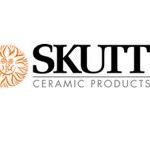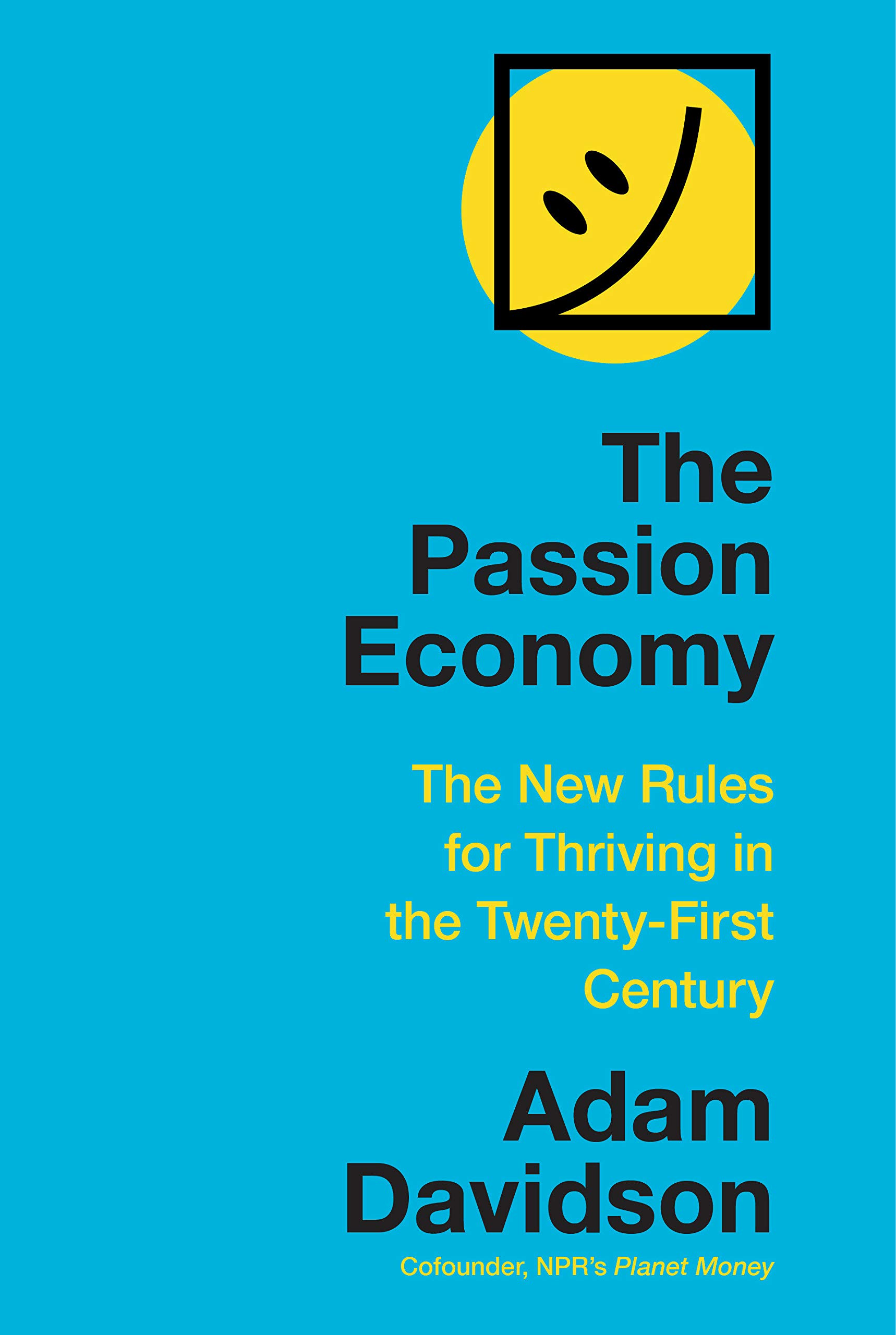Podcast: Play in new window | Download
William Reardon | Episode 897
Born and bred in NYC, William Reardon attended The School of The Art Institute of Chicago and studied Ceramics and Architecture. After graduating Will worked in the music industry but returned to start New York Stoneware In 2013 – an urban production pottery focused on everyday objects and tableware.
SPONSORS
 You can help support the show!
You can help support the show!

Number 1 brand in America for a reason. Skutt.com

For all your ceramic needs go to Georgies.com
How did you come up with the name New York Stoneware?
Well I knew that I didn’t want to name the company after myself. I didn’t want it to be so much about the maker and the craftsperson, I liked production pottery and that utilitarian slightly less personal connotation. So I was born and bred in New York and it just came to me. It’s a pretty simple idea but it sounded right and it checked all the boxes.
Do you think that in terms of branding, do you think that having the “right name” , do you think that makes a difference in how your company is perceived ?
That’s a fun question. I’d like to talk about this. It makes me think about Goop and Google and all these other companies. I think with marketing and defining your message and your imagery is more important than the “right name”. I think it’s about communication. Think about the Rolling Stones, they just stole a lyric from a blues song. It’s almost kind of boring, but you don’t even think about it. You hear the Rolling Stones you think bright red tongue, Mick Jagger, Keith Richards, that’s what comes to mind. Not the rolling stones, which is a folk bluesy lyric.
When you made the transition from musician to full-time potter how did you find your new audience?
I sort of decided almost overnight that I would try and make a business out of pottery. And a friend of my wife and me suggested I do the New York Now trade show, which was in six months. So I had six months to make my collection after taking eight years of not throwing pottery. And so I had internalized all these things that I liked and I had six months to make something of my own that I liked, what I wanted and what I thought looked good for myself.
Were you able to make enough for that trade show?
Well, it was a wholesale trade show. So I just had to make samples. But because I was doing production pottery I had ten or twenty or thirty of everything and the booth festooned with pots. So yeah, I was able to do it.
Has the heart of your business been wholesale work?
That is what got the business going. I did this trade show and immediately walked away with ten or twenty order forms. I had no idea how I was going to fill them. I always liked production pottery and I had always practiced it but I had never really produced it. But that has been my model until very recently and now I am switching over to direct to consumer. And focusing more on the advertising, the marketing, and all that and moving away from wholesale. But I do have a few wholesale accounts that I enjoy working with.
Have you worked as a solo make the entire time?
Initially but I very early on needed more help. So as I have grown, my team has grown. But I am still the only one that throws. So I throw every day and I have a team of three people in the studio every day glazing, trimming, packing, everything else in a ceramic studio. And my wife helps with sales and a lot of the administrative side.
Why did you transition from wholesale to direct sales?
In large part because of that book Passion Economy. Trying to make your business sustainably successful actually successful. Operating in the black, you know. And then accessing what my goals are, what I want to be doing. Do I want to be throwing? Do I not want to be throwing? And just doing all that sort of soul-searching stuff and trying to figure out how to make that work. And because I want to be throwing, making things smaller in terms of units makes more sense. But it also makes me be more in touch with the end consumer. And that’s really what I am doing. It’s a more intimate relationship with me as the maker and what people want.
Book

Raised in Clay by Nancy Sweezy

The Passion Economy by Adam Davidson
Contact
Instagram: @newyorkstoneware



 GRPotteryForms.com
GRPotteryForms.com







